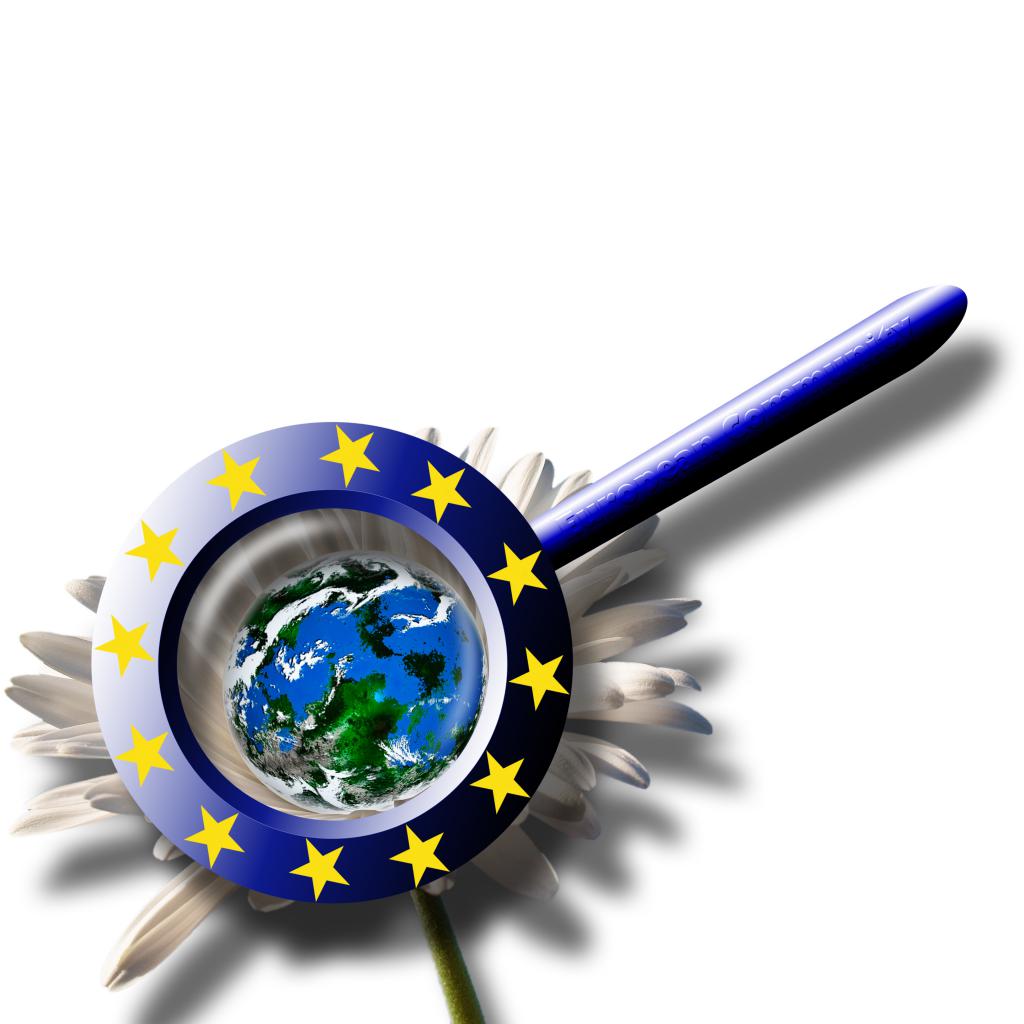The Polish Electricity Association (PKEE) finds it of crucial importance to ensure that the newly designed carbon border adjustment mechanism (CBAM) shall not result in adverse effects such as hampering the competitiveness of the European industry. The CBAM should limit net electricity imports from third countries not applying carbon price measures comparable to the EU ETS.2 (CBAM), has not caused adverse effects, such as a deterioration in the competitiveness of European industry. We note that the CBAM should primarily aim at reducing net imports of electricity from third countries not applying CO2 comparable to the EU ETS.
According to the European Commission’s communication, the achievement of net-zero economy would require increasing the annual investments by up to EUR 575bn[1]. Although COVID-19 outbreak has resulted in a rapid drop in carbon prices, we can assume that the price of CO2 emission allowances (EUA) may be expected to increase due to the ambitious EU climate and energy policy, up to 76 EUR/t till 2030[2]. It will particularly affect the Member States that are struggling with the biggest challenges and are less advanced in their energy transition. The PKEE draws the Commission’s attention to the fact that according to the CAKE study[3], just the transformation of the Polish electricity sector will require as much as EUR 176–206bn and it will not be possible without a strong financial support.
As far as it has not been yet decided how to use any possible revenues resulting from the carbon border adjustment mechanism application, we would like to underline that funds collected through the EU mechanism could provide fresh money, which could be transferred to Member States with the biggest investment needs.2, we emphasise that The revenues generated by this EU mechanism could provide new resources to Member States with the greatest investment needs.
The new mechanism should cover the imports of electricity from third countries
Decision on covering a specific sector by the carbon border adjustment mechanism will deeply impact the functioning of sector(s) concerned and therefore should be preceded by a thorough Impact Assessment. As some analyses suggest that CBAM could replace the carbon leakage mechanisms that are already applied, increasing the vulnerability of energy-intensive industry, a possible replacement should be thoroughly assessed to avoid any unfair treatment of energy-intensive users across the EU. should be preceded by a thorough impact assessment introduction of a solution. As some studies have pointed to the possibility of replacing the current carbon leakage reduction mechanisms with CBAMs, we note that such a move could lead to an additional weakening of energy-intensive industries. Therefore, the potential replacement of the current regulations should be assessed thoroughly in order to avoid unequal treatment of energy-intensive sectors across the EU.
The PKEE opts for covering by this instrument the imports of electricity from third countries not subject to the EU ETS carbon pricing rules. Between 2017 and 2019, electricity imports from outside the EU have increased by 700%, resulting in 11 million extra tonnes of CO2 emissions. This electricity has been therefore produced in installations, which have not been subject to strict environmental rules (such as BAT), and have not provided the EU Member States with the funds that could be used for supporting the transition in the EU. According to a study “The path of least resistance. How electricity generated from coal is leaking into the EU”, the EU Member States have missed over EUR 600 million in revenues in 2019 due to electricity imports[4]. If not missed, these funds could support the deployment of low-emission energy sources or development of new technologies, strengthening the EU’s efforts in achieving its climate objectives.2. As this energy was produced in installations that were not subject to strict environmental regulations (such as BAT), this did not provide EU Member States with funds that could be used to support the EU's energy transition. According to the study "The path of least resistance. How electricity generated from coal is leaking into the EU", EU Member States lost more than €600 million in revenue as a result of electricity imports from third countries in 2019 alone. These funds could support the deployment of low-carbon energy sources or the development of new technologies, thus strengthening the EU's efforts to meet ambitious climate targets.
Imports of electricity from third countries not applying the measures equivalent to the EU ETS-based carbon-price signal should be subjected to CBAM
Providing efficient and specific support to the most vulnerable Member States is of crucial importance. Fresh money would allow them to increase their climate ambitions while ensuring that it would not pose a threat to citizens’ welfare. Support schemes, as well as shielding mechanism, can support the European energy sector the members of the PKEE are a part of, in its ambitious investments in the deployment of large-scale renewable energy sources projects.
[1] COM(2018) 773 final, Communication from the Commission to the European Parliament, the European Council, the Council, the European Economic and Social Committee, the Committee of the Regions and the European Investment Bank – A Clean Planet for all. A European strategic long-term vision for a prosperous, modern, competitive and climate neutral economy. A Clean Planet for All European long-term strategic vision for a prosperous, modern, competitive and climate-neutral economy.
[2] CAKE, The European Green Deal impact on the GHG’s emission reduction target for 2030 and on the EUA prices. available at: http://climatecake.pl/wp-content/uploads/2020/03/Impact-on-the-reduction-target-for-2030-and-on-theEUA-prices.-Summary.pdf
[3]CAKE, Scenarios of low-emission energy sector for Poland and the EU until 2050 2019, available at: http://climatecake.pl/wpcontent/uploads/2019/11/CAKE_energy-model_EU_low_emission_scenarios_paper__final.pdf
[4] For more information, refer to Sandbag’s: The path of least resistance. How electricity generated from coal is leaking into the EU, https://ember-climate.org/project/interconnectors-and-coal/ The path of least resistance. How electricity generated from coal is leaking into the EU, https://ember-climate.org/project/interconnectors-and-coal/
DOWNLOAD FILES

